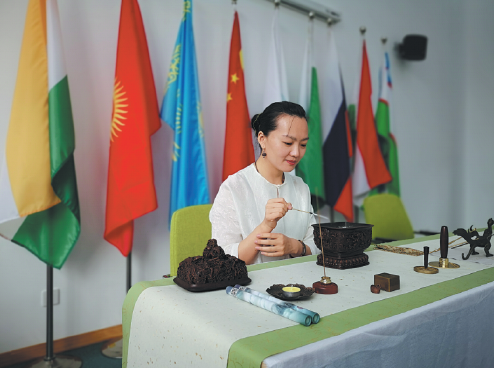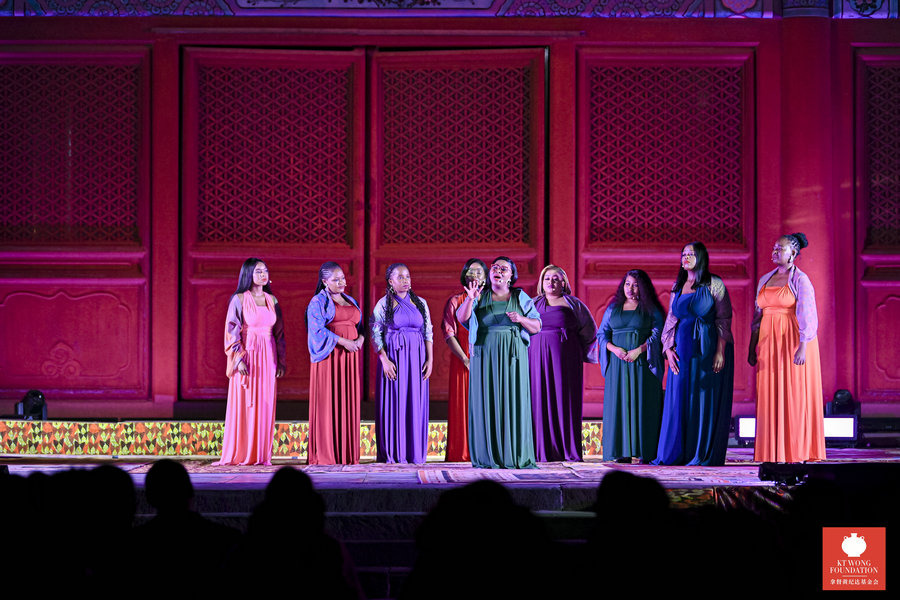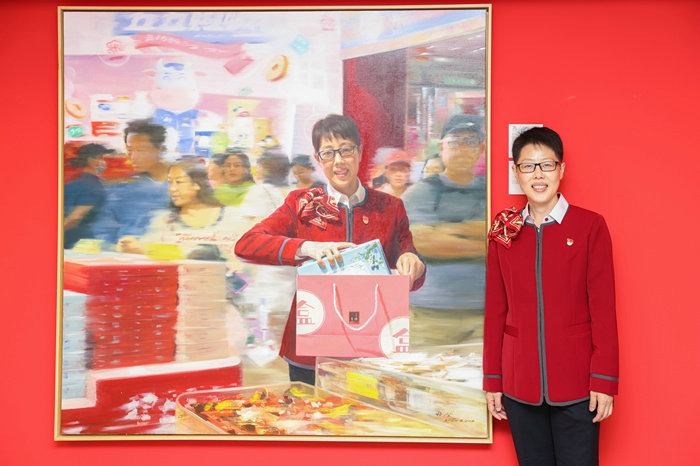Making scents of history
Incense maker sniffs out an opportunity as she brings ancient aromatic recipes to life, report Ma Jingna in Lanzhou and Chen Meiling in Beijing.


Incense maker Lu Wen, 38, lights a stick of incense during a workshop in Lanzhou, Gansu province. She has so far re-created 108 kinds of incense that had once been used in China's royal courts based on recipes found in a classic book on the history of incense written during the Ming Dynasty (1368-1644). CHINA DAILY
Incense smoke, coiling lazily upward, can evoke memories, induce a feeling of relaxation and even take our minds to places we've never been to. The burning stick is reminiscent of another time, another place-as the song goes, "the images unwind... in the windmills of our mind". Incense maker Lu Wen believes history is not just words on paper, but that it can come alive in the imagination triggered by smell.
The 38-year-old perfumer in Lanzhou, Gansu province, has so far re-created 108 kinds of incense that had once been used in China's royal courts. The work is based on written documents recorded in the classics. It is part of her effort to record, and even relive, history, to promote the art of aroma, and to hail an exquisite, intimate, but close-to-nature, lifestyle.
The tradition of making, applying and appreciating incense in China dates back about 4,000 years. Previous generations used it to make fire, fumigate clothes, create an ambiance, or as a special effect at social gatherings and during religious events. It was even applied to healthcare and medical treatments, Lu says.
The perfumer, as a personal hobby, has been making incense in Lanzhou since 2012. She opened her studio in 2017. She also organizes workshops, teaching enthusiasts how to make it. Last month, Lu held a two-day solo exhibition in Lanzhou, sharing her aromatic artworks with visitors.
"Members of the royal household would get costumes perfumed with precious agarwood before important activities, because they thought it disinfected the clothes thoroughly," she says.





































